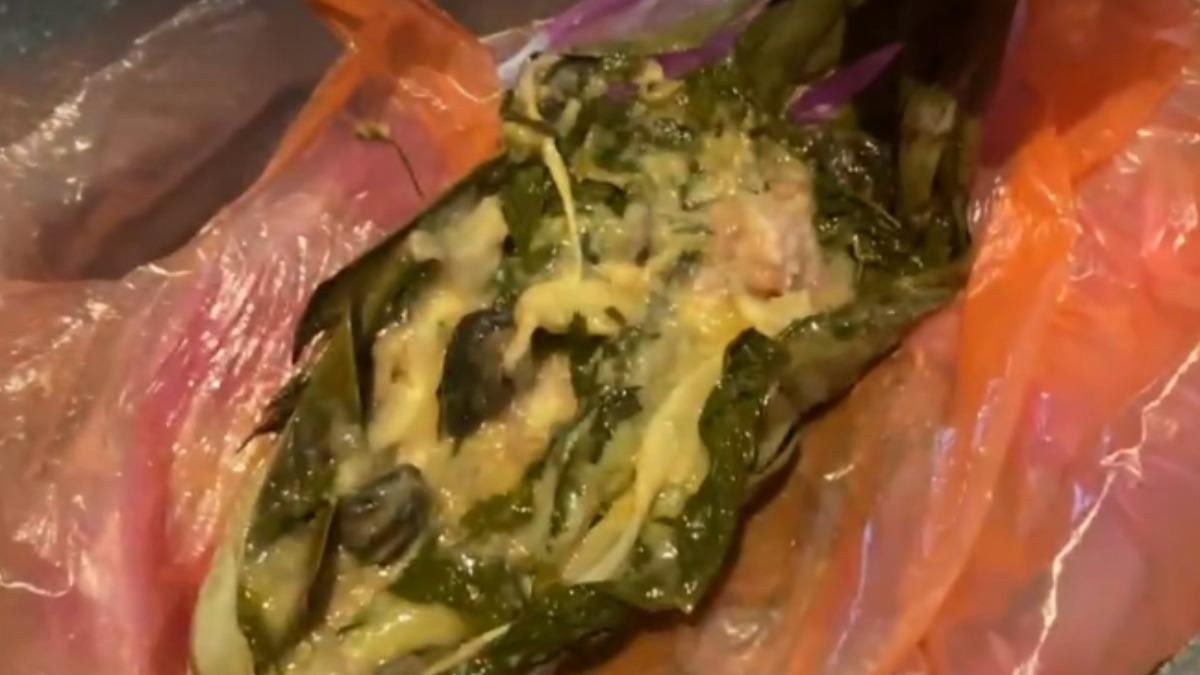TAIPEI (TVBS News) — Regarding a possible food poisoning case in Taitung, experts in Taiwan believe pesticide residues on the dumplings might be to blame, even though the exact cause remains uncertain.
Doctors in Taitung are investigating the alleged food poisoning incident that left three people dead and nine others hospitalized after they ate millet dumplings on Tuesday (Sept. 17).
On Wednesday (Sept. 18), Taipei Veterans General Hospital (台北榮民總醫院) analyzed the symptoms of the 12 affected individuals, which included vomiting and convulsions.
Dr. Liu En-jui (劉恩睿), head of the emergency department at Taitung MacKay Memorial Hospital (馬偕醫院), said the patients exhibited symptoms such as pinpoint pupils, sweating, tremors, rigidity, and excessive secretions from the mouth and nose, indicative of neurotoxic poisoning.
Dr. Yang Chen-chang (楊振昌), head of the toxicology department at Taipei Veterans General Hospital, mentioned that local residents might use metaldehyde pesticides to kill snails, which can cause severe poisoning but typically not to this extent. He clarified that they could not confirm that this pesticide was the cause.
Additionally, some people reported that the leaves used to wrap the millet dumplings had a strange taste, suggesting possible pesticide residue. Dr. Yang noted that organophosphates and carbamates are rarely used for this purpose but cannot be ruled out.
Dr. Hwang Kao-pin (黃高彬), deputy director of the infection control center at China Medical University Hospital (中國醫藥大學附設醫院), speculated that other toxins might have directly damaged the liver and kidneys, given the rapid progression of the illness. He ruled out parasitic infection from wild boar meat, which has a longer incubation period.
Health authorities continue to test the millet dumplings to identify the toxic substances. The public is advised to remain cautious about food safety as the investigation unfolds.



